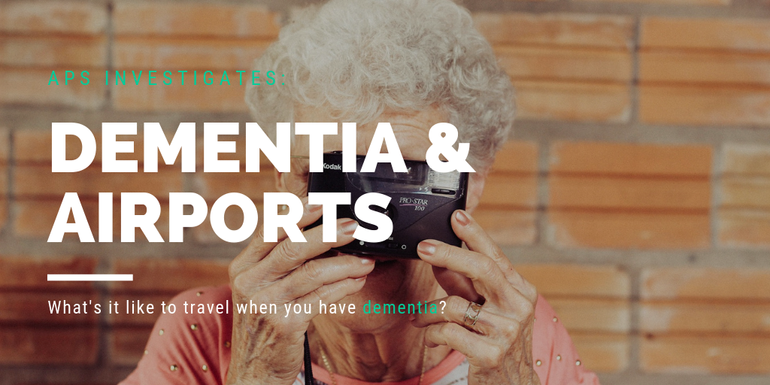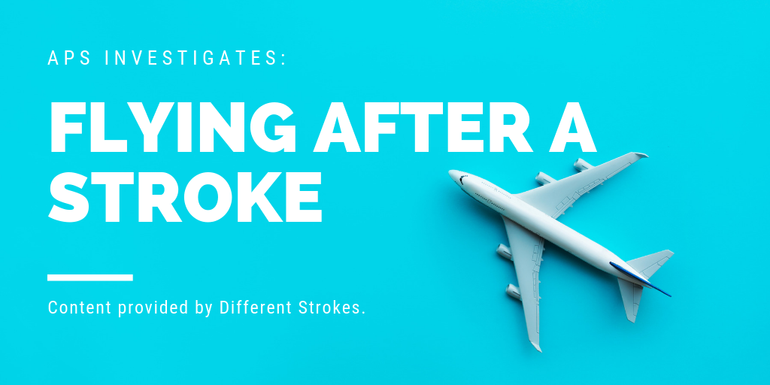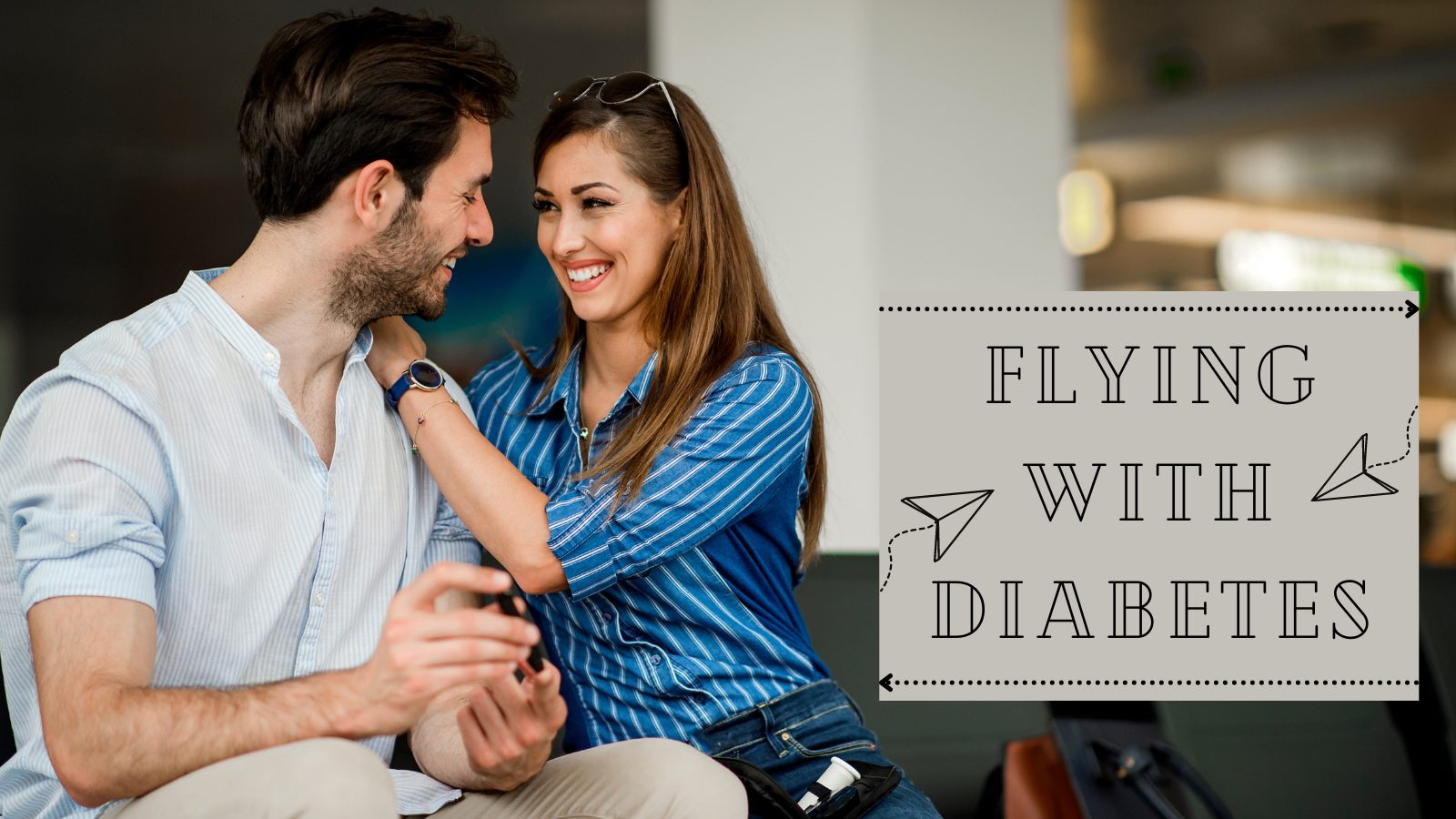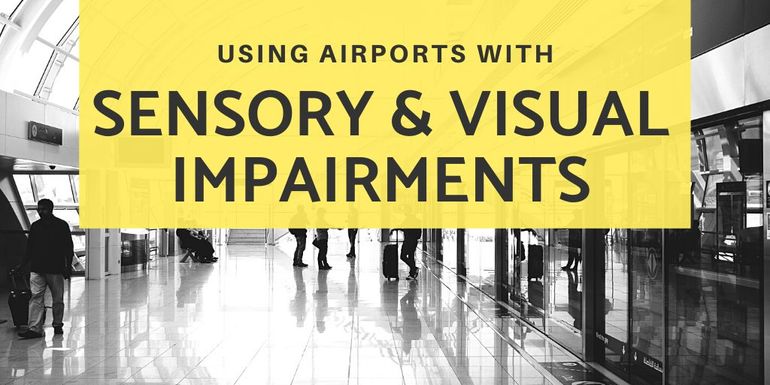We want travelling to be for everyone, so we've done several in depth and specific reports into what it's like to travel when you have a medical, or mental, condition. Whether it's what airports could be doing to improve the experience for passengers or tips to make the journey smoother, we're passionate about making things easier.

Mental Health. A subject that for many is difficult to talk about, understand or even relate to. For years, mental health conditions have been seen as taboo, but luckily this is slowly becoming a thing of the past. This is thanks to initiatives such as Heads Together, a campaign backed by the Duke and Duchess of Cambridge, alongside Prince Harry, to end the stigma around discussing mental health and illness.
You’ll know from our past blogs that we have covered topics on travelling with hidden disabilities such as autism and dementia. So we thought it was about time we looked into travelling with mental health issues too, because let’s face it, it’s got to be just as challenging, right? Read More

When we first wrote this blog in 2016, it had just been announced that London Heathrow was set to become the World’s first Dementia Friendly Airport. That meant all 76,000 staff would be trained to help passengers with what is referred to as a Hidden Disability, mainly dementia, and inspired us to write this blog with the hope that flying with dementia might become that bit easier.
We thought we’d give this piece a 2023 update to see how far the UKs airports have come in just 7 years…
What is dementia?
The term dementia refers to symptoms experienced as a result of disease to the brain. It can present itself in several ways, the most common being memory loss, and difficulties with communicating and problem solving.
The effects of dementia can range from the person becoming frustrated and confused by seemingly normal day to day activities, to having to rely on a loved one or carer to look after them when they can no longer do said activities, or even remember who they are. Read More

Content written in collaboration with stroke charity Different Strokes.
Over the years, we’ve written many health and travel articles, including Autism, Diabetes, Sensory Impairments and Mental Health. These were usually through our own research, conducting surveys and the like, but when it came to travelling after a stroke, we wanted to work with Different Strokes.
They provide active peer support for young stroke survivors and families and have kindly written the following piece to shed some light on the hidden challenges that some stroke survivors encounter at airports and when flying. You’ll also hear from stroke survivors and their experiences of flying after a stroke.
With that, let’s hand over to Different Strokes to bring your their insight into flying after a stroke.
Read More

It is estimated that 4.9 million people in Britain have been diagnosed with diabetes. Of the 36,000 children that have been diagnosed, 90% of them are also Type 1.
What is Type 1 diabetes?
When the body is no longer able to produce insulin because the insulin producing cells in the body have been destroyed. Read More

Navigating your way through an airport can be intimidating at the best of times; large crowds with multiple conversations at once coupled with rows of flickering, fluorescent flight boards can be a bit much for some. But what about those that don’t, or can’t experience these things? How different must it be for a passenger that is travelling with Sensory Impairments like hard of hearing or visually impaired? And what do UK airports do to support those using airports with sensory impairments?
Read More




